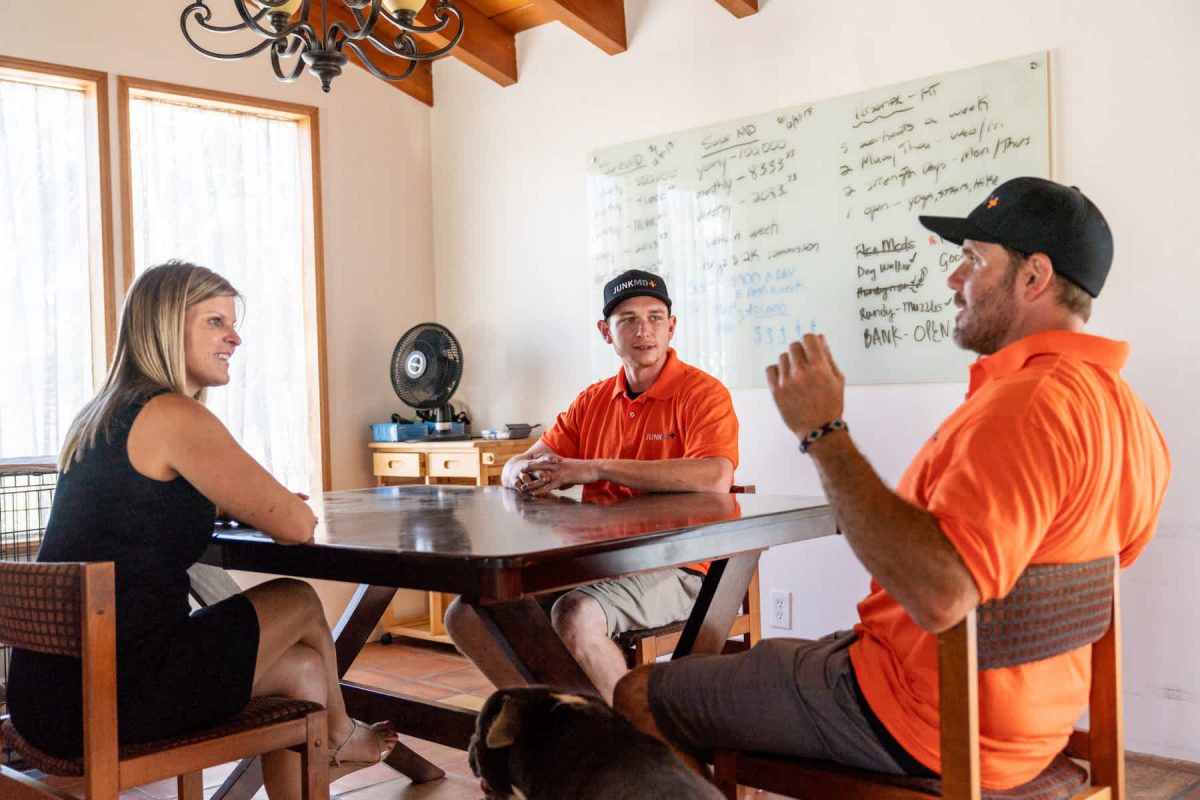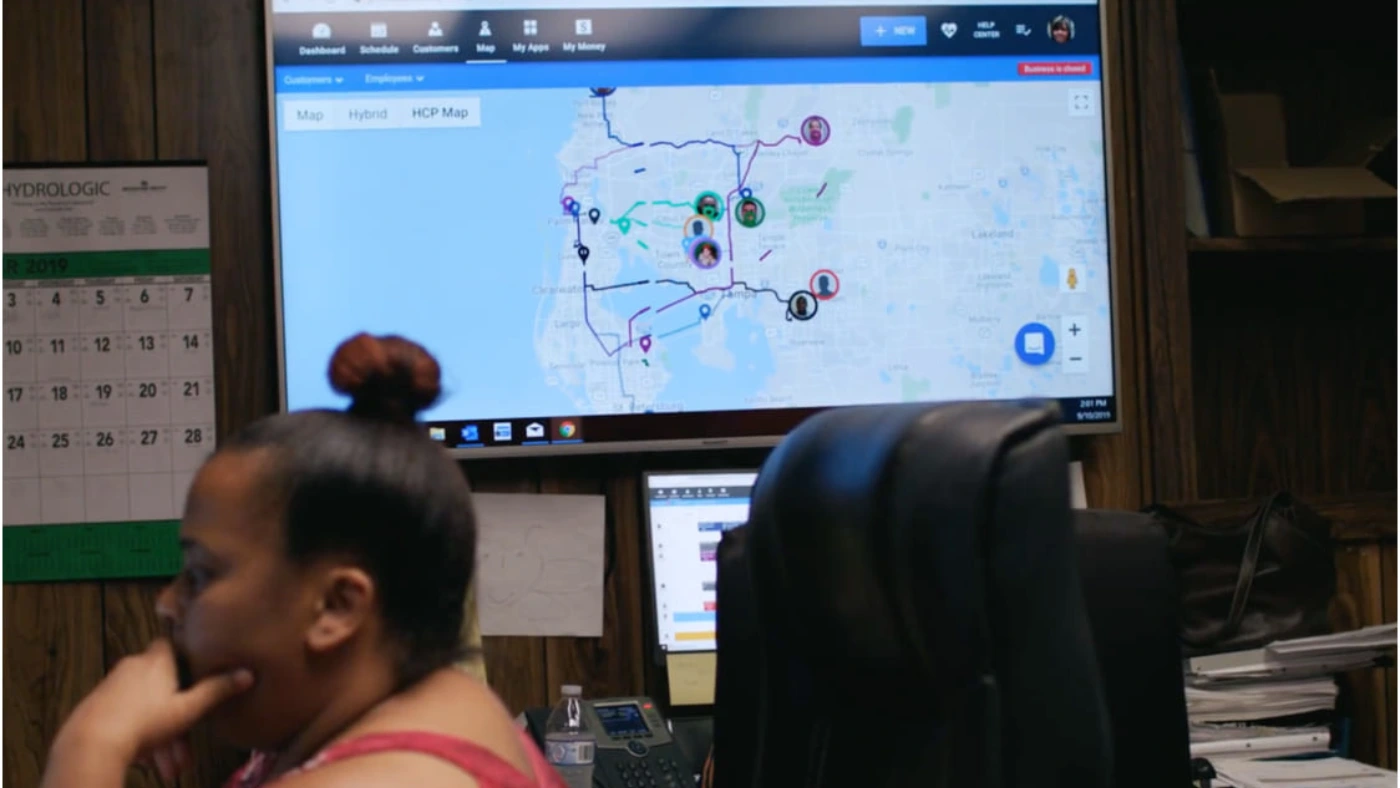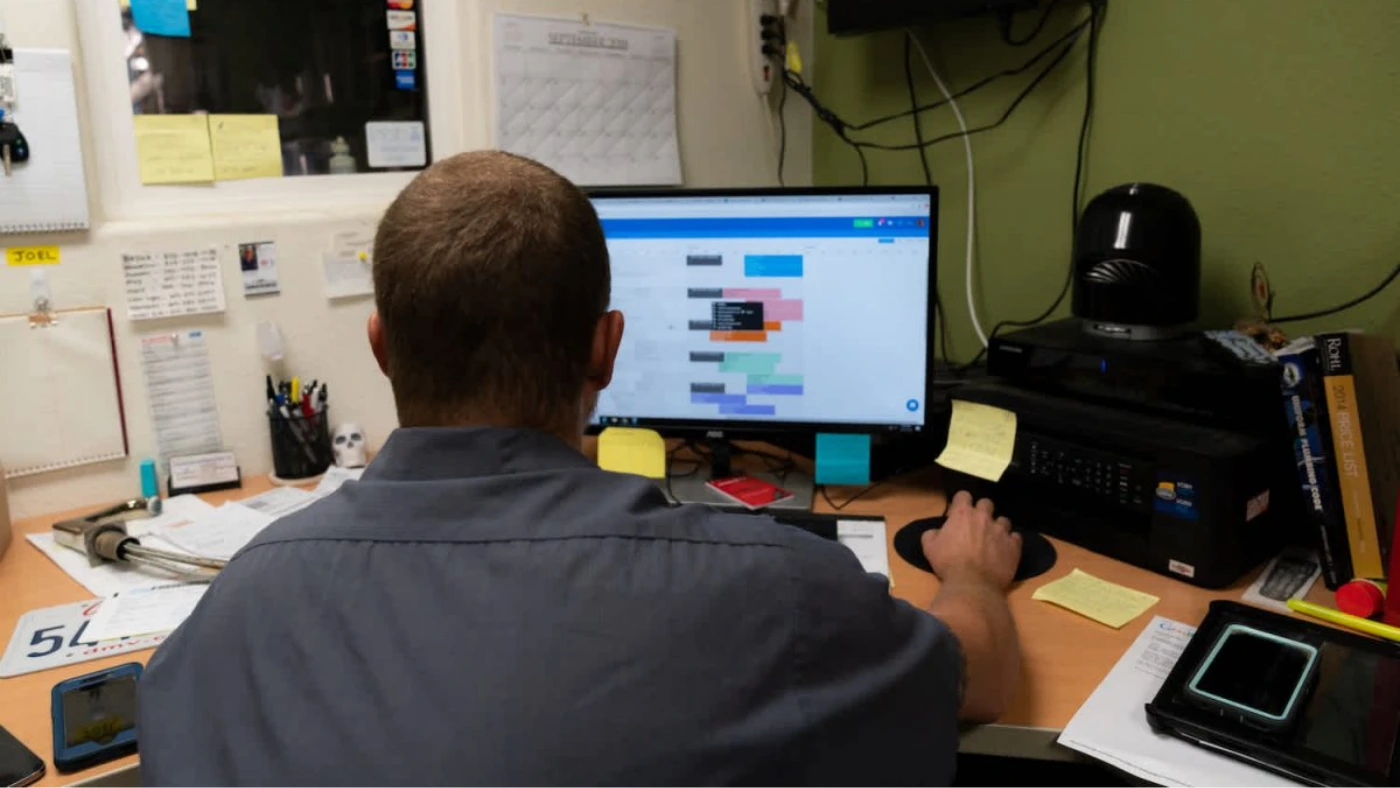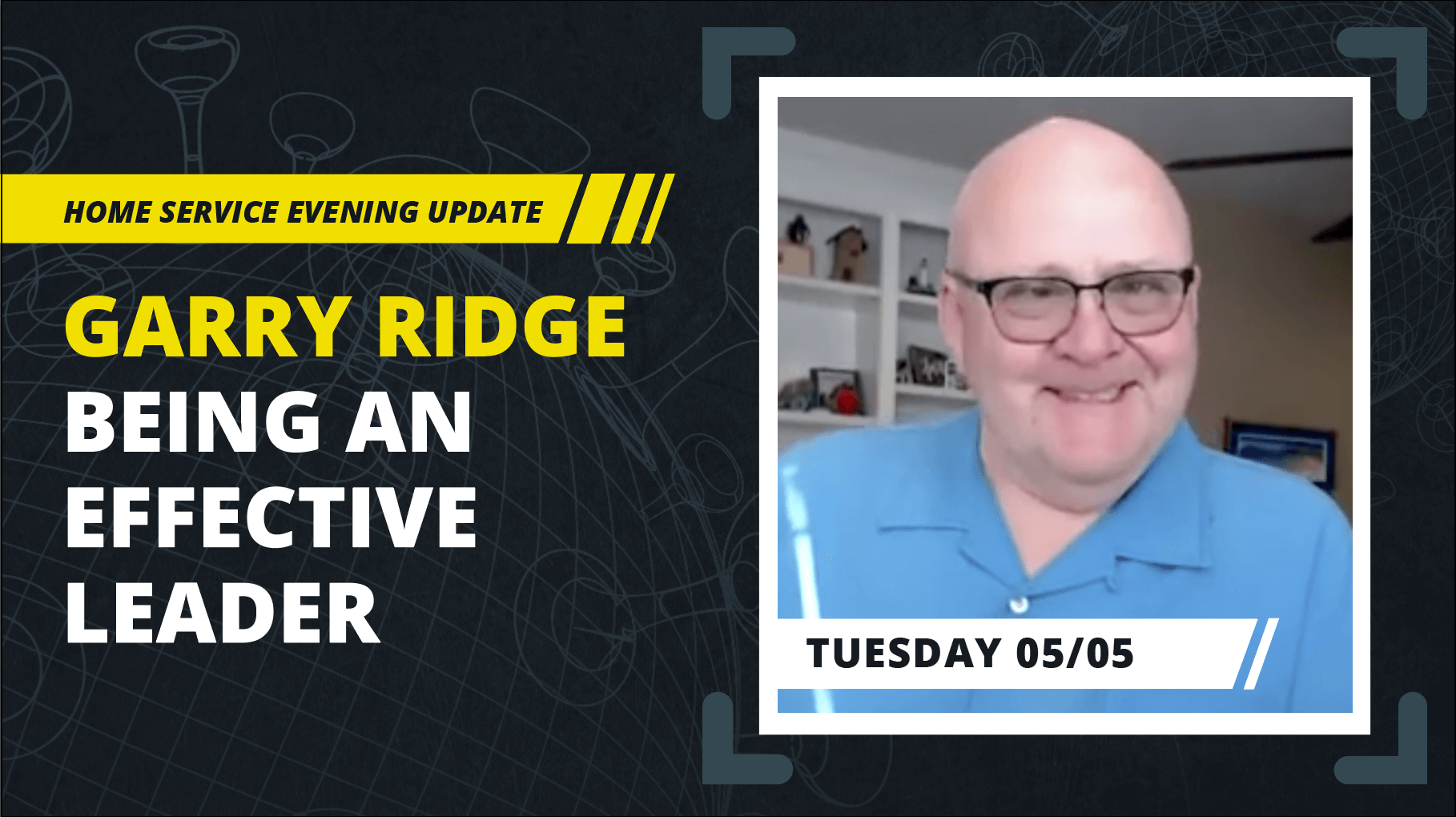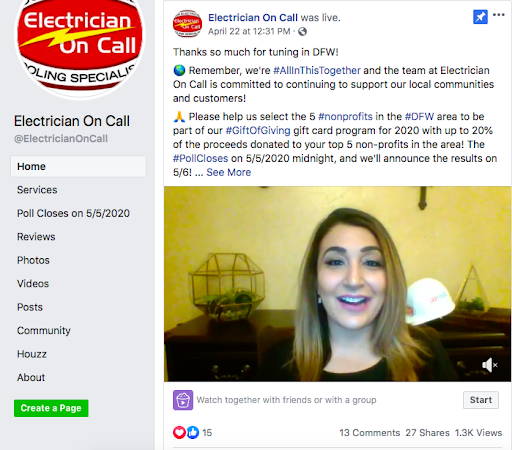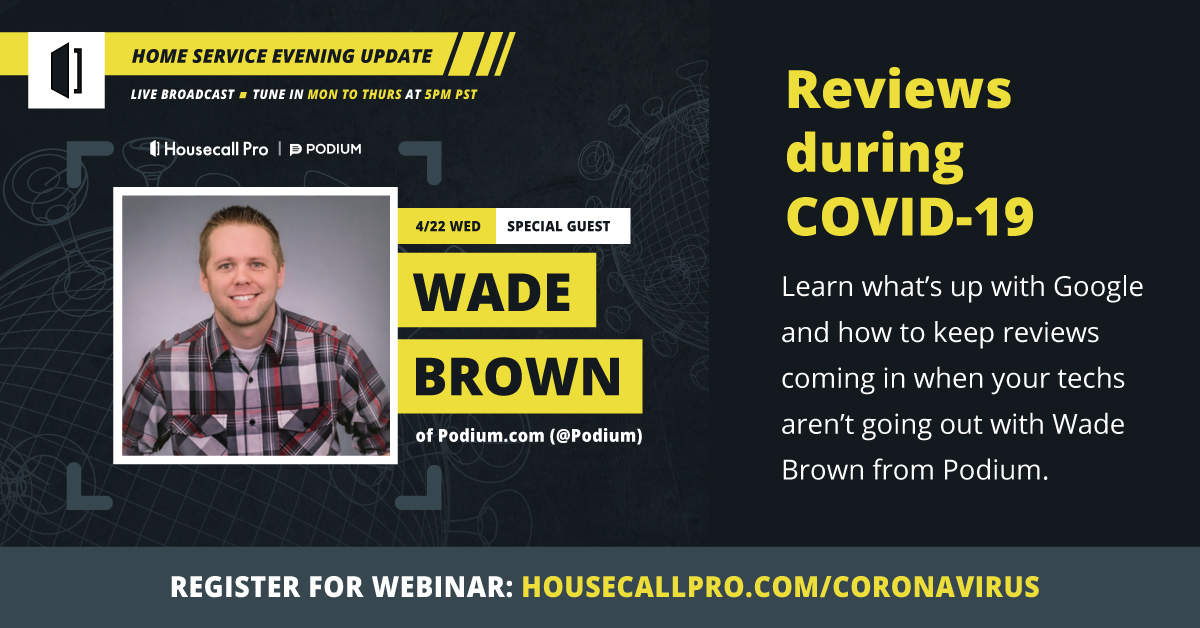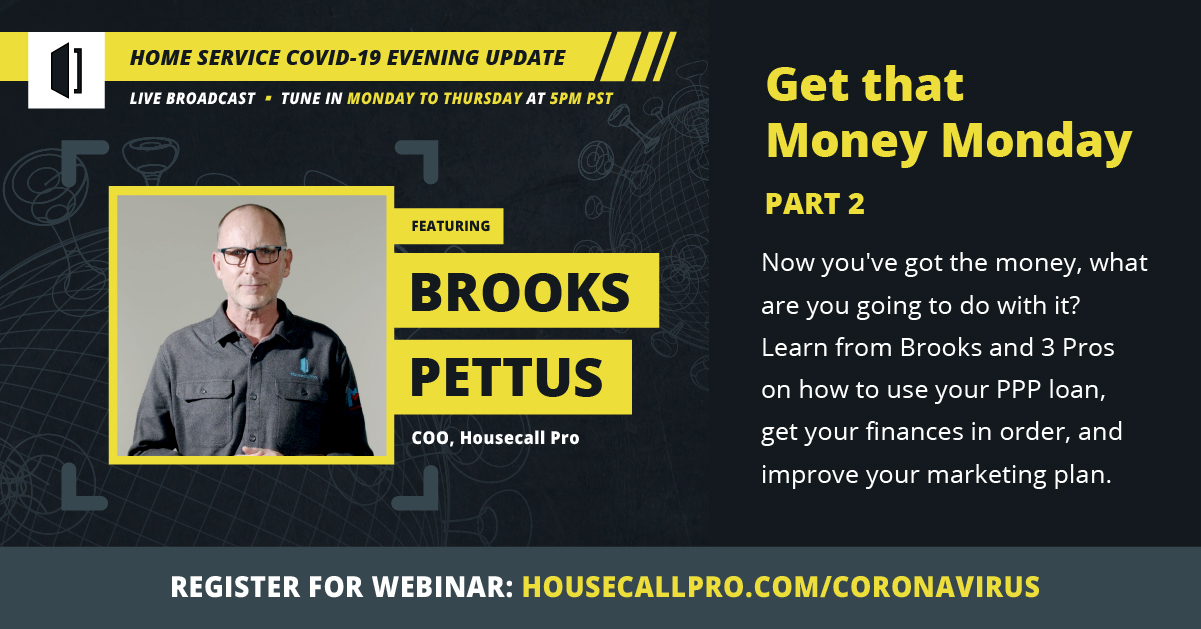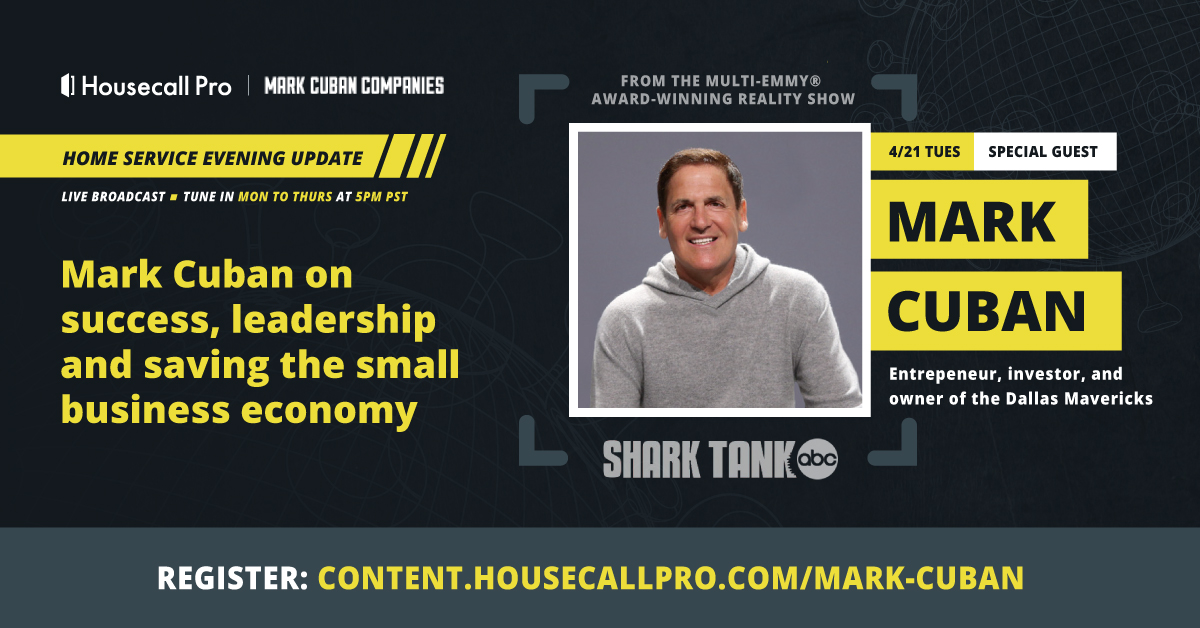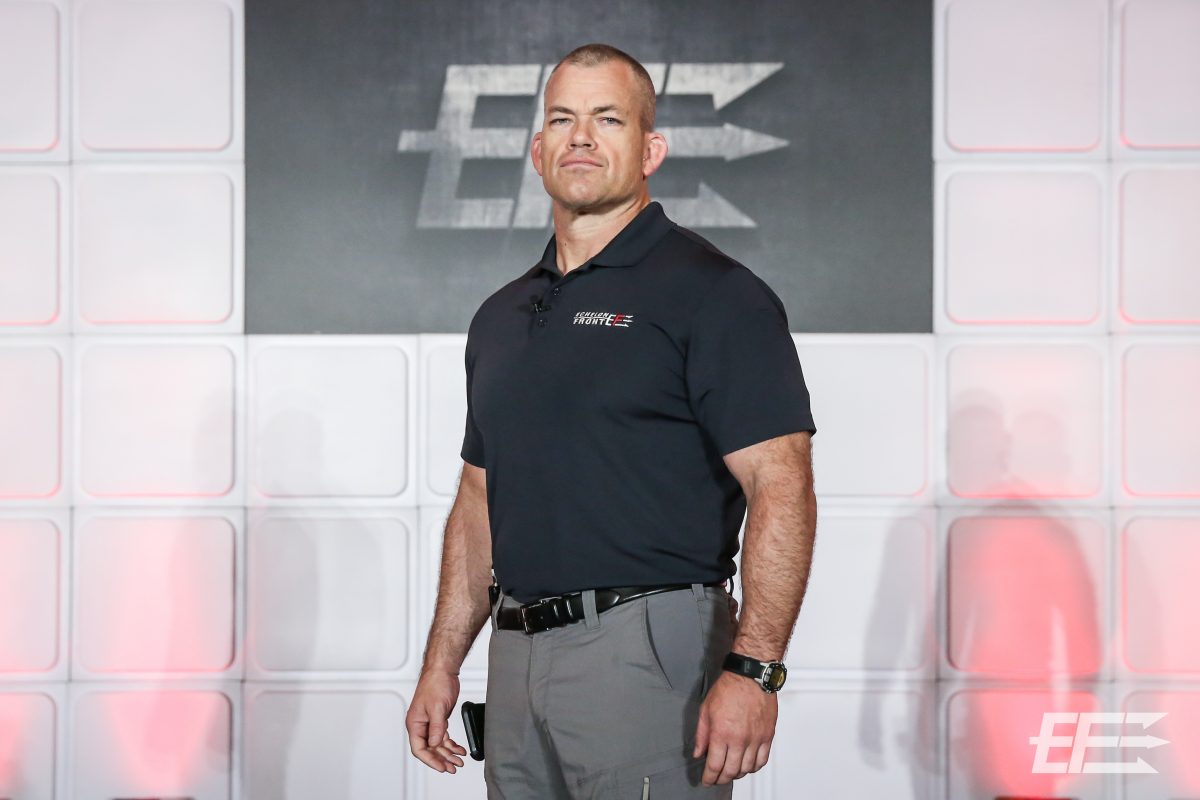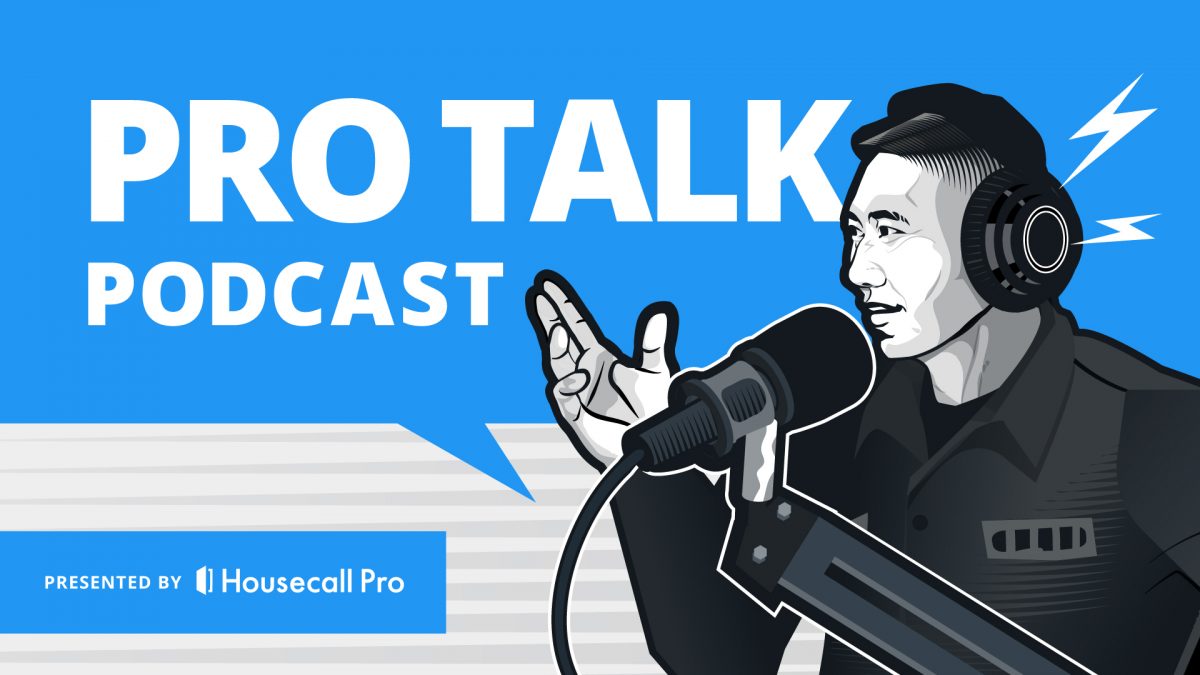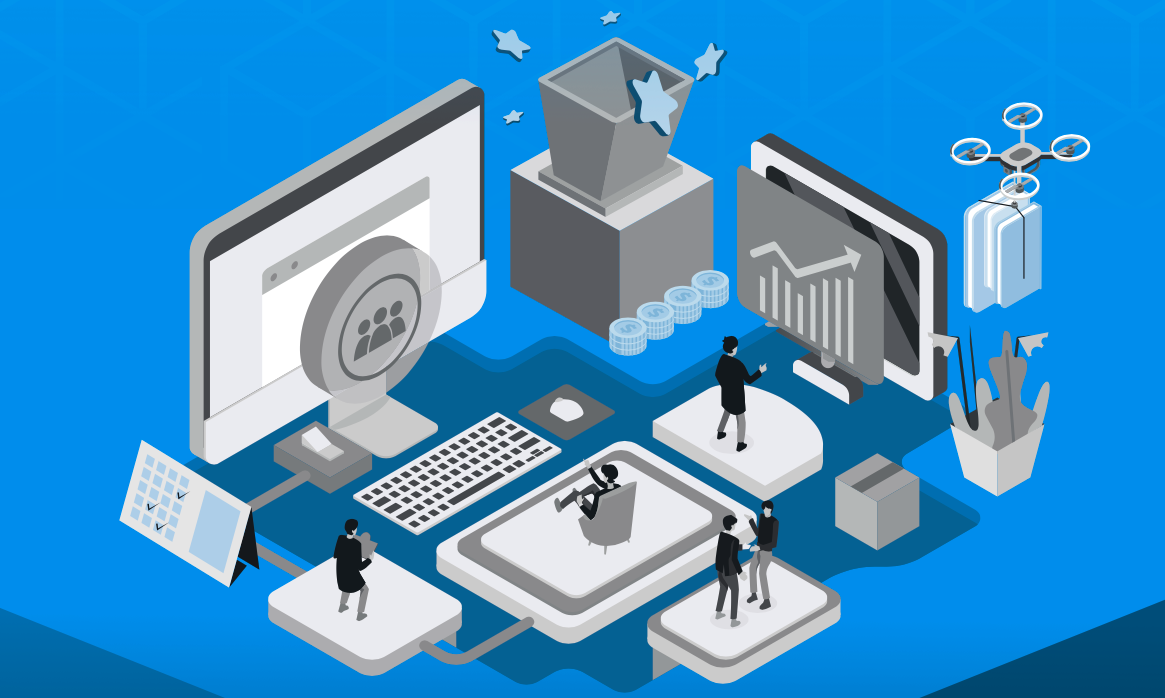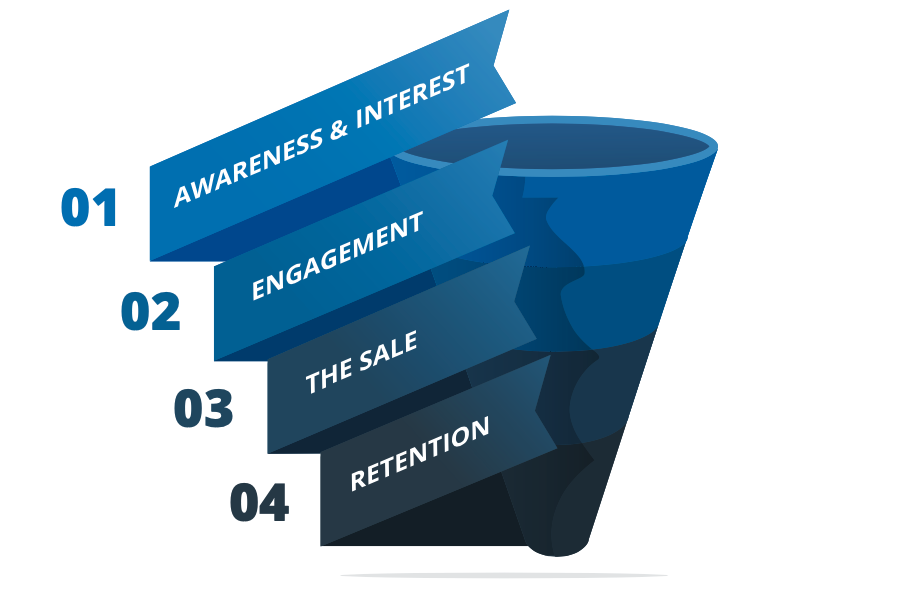Spending too much time on admin work?
Automate your daily tasks and save time with our home service software.
Want to win more jobs with less effort?
Grow your business and send quick quotes with our home service software.
Service companies are the backbone of the economy and Housecall Pro is committed to doing everything we can to help during the Coronavirus pandemic.
I hope you find the resources below helpful. Please share this email with other home services companies.
____________________________________________
VIDEO RECORDING →
Brandon Vaughn joins the crew 👉 discussing Hiring Landmines to watch out for in a recession economy
READ THE UPDATE → keep scrolling
_____________________________________________
May 4, 2020 quick update
The Johns Hopkins CSSE dashboard is reporting 3,573,864 million global cases and 250,134 deaths with 1,159,015 recovered as of 2:32pm on May 4.
In the US we are at 1,177,784 confirmed cases, 68,442 deaths and 187,180 recovered.
President Trump increased his prediction for the coronavirus death toll to 100,000 during a Fox News Channel town hall at the Lincoln Memorial in Washington yesterday. Previously, Trump said fatalities would max out around 65,000.
A draft government report projects that cases will surge to about 200,000 per day by June 1, with 3,000 deaths per day.
President Trump reassured Americans that it is safe for states to reopen amid the coronavirus pandemic “I really believe that you can go to parks, you can go to beaches . . . [if] you stay away a certain amount,”
He noted that Americans have been wearing face masks and social distancing in recent weeks and said that “you’re going to have to do that for a while,” even as states reopen their economies.
TRAVEL BUBBLES
We are starting to hear about the concept of travel bubbles. Australia and New Zealand are reportedly considering a “travel bubble” that would allow individuals to travel between the two countries without requiring a quarantine upon arrival. The idea behind a “travel bubble” is that countries within that bubble would maintain low transmission risk, which would allow individuals to travel within that area without significantly increasing their individual risk of transmission or the higher-level risk of a larger outbreak.
Some people are forming “social bubbles” too. Forming a group – like an extended family – to go through the next few months as social distancing guidelines are expected to be in place throughout the summer. Hunkering down with a few others could be a next step as governments begin to lift some restrictions.
“You don’t want it to get too big,” Dr. Daniel Griffin, an infectious disease specialist at Columbia University Medical Center said. “Just about 10 people or less. Beyond that, the risk is an issue.”
IMPACT TO HEALTH CARE
The health-care industry is suffering a historic financial collapse due to coronavirus as well. As most elective surgeries were postponed, dentists offices were closed and physicians stopped seeing patients, more than 200 hospitals furloughed workers. The result was that health-care spending declined at an annualized rate of 18 percent in the first three months of the year.
There are real health impacts as well, for example, routine cancer screenings have decreased over the past several weeks. Routine screenings for breast, cervical, and colon cancer decreased by 86-94% compared to previous years. Medical professionals fear that if this trend continues, delayed screening could result in later diagnosis of these cancers and, subsequently, elevated morbidity and mortality.
May 4 Topic: Hiring landmines to watch out for in a recession economy with Brandon Vaughn
Special Guest: Brandon Vaughn
Brandon Vaughn is the Chief Strategist at CONQUER, where he helps small business owners systemize and scale their companies through personalized mentorship and training programs. He’s joining us tonight to talk about how to overcome 3 challenges owners will begin to face: the logistics of bringing employees back to work, quickly training employees to catch up with post-shutdown demand, and hiring people taking jobs they hate because their field of expertise is in a recession.
Let’s talk about what you’ve been seeing when it comes to hiring and people over the last 8 weeks and the current state of it all.
- I think that there’s a few hiring landmines that kind of exist out there in the hiring landscape that we have to be very, very cautious about because we’re kind of going through some unprecedented times.
- We have to be cautious as to how we rehire people, bringing them back on, being careful not to discriminate, making sure that we have some good policies and procedures of bringing people back on or choosing not to bring people back on when work starts picking up again.
- There’s some really unique challenges that we face now, feeling like we’re competing against unemployment as well. You have employees that are making more money on unemployment or on some kind of work relief program and they’re making more money than if they are actually working. The hiring landscape has changed and in some ways it hasn’t. All the same general principles when it comes to managing a team, having a great company culture, making sure that you have your policies and procedures really documented and well put in place. All of these general principles and the HR still apply.
Let’s talk about the logistics of bringing employees back to work. What are best practices here?
- Pay attention to recall rights. Most of you probably don’t have a situation with guaranteed recall rights for employees unless they are union or it was in your separation paperwork but check to see because this affects your flexibility as to who you bring back and when.
- Past performance issues
- if you decide not to bring back an employee off of furlough status because of past performance issues, you still have to be cautious, especially in some States in particular. Because you don’t want any employee looking at it as discrimination. Whether it is race, religion, age, any of those other federally protected categories because if a legal case does arise losing it is more expensive than even getting involved.
- You need to keep good records of who you are hiring back, when and why.
- Don’t discriminate who comes back on due to risk.
- You cannot discriminate from bringing on older employees or those that are pregnant or otherwise at a higher risk for COVID-19. Now you can communicate concerns to employees and talk to them and work these things out and get things signed off in writing. But you have to navigate carefully who you decide to bring on and who you don’t decide to bring back on.
What if I don’t want to bring an employee back and instead hire a new person, does this impact my PPP funds?
- There are 2 conditions for your PPP funding, one is payroll costs, the amount of money you’re paying out. And the second is, is full time equivalent. It’s not literally a count of people but rather a count of the full time equivalent. So if you have four 40 hour people, that’s four FTEs. If you have four 40 hour people plus two 20 hour people, that’s five FTE. So full time equivalent. They’re not looking at the social security numbers of the individuals.
- So if the skills needed for your jobs changes because like we heard Mark Cuban suggesting to our folks have more disinfecting services, you maybe need a different skill set than the folks that you had previously.
- If someone leaves or if you don’t bring them back, you can rehire someone else and count them as a full time equivalent.
There’s a good leadership opportunity in this to make sure you are communicating with your team members because we have three things to wrestle as business owners:
- First is the health of our family as a business owner, the health and safety, our income level personally as a business owner and for every pro that’s watching this, that is as a business owner, you created this business and it is a tool for you and for your personal family. First and foremost, you have to remember that that is really what this vehicle is for. Now that doesn’t mean you can be heartless with your employees. You still want to take care of your employees and consider their needs. But first and foremost, you have to understand what’s best for your family.
- Second is the health of the business itself. It’s its own separate entity. If the business is unhealthy, it causes all kinds of problems. It can lead to the business dying. So you have to protect your business entity itself to make sure that it can be self sustaining.
- Thirdly, is your employees. They are part of the equation but really need to be the third consideration that needs to be made and that that hierarchy is very important. Again, it doesn’t mean that you are not serving your employees, you’re just kind of casting them out to the wind. But when you’re looking at the greater good of the health of your business, everyone loses if you make poor decisions and trying to keep everyone on and keep everyone employed and make sure everyone is taking home an income can then lead to bankrupting the company.
What are your thoughts on how you bring employees back on?
- I would recommend that any of the offers that you’re making to your former employees that you do so in writing, and that if they call you up and say, Hey man, I just can’t you say, Hey, great, can you reply to that email for me and just put that in writing for me just so I have that for my records. It’s just a good idea in general business just to have, have those things documented, but you’re in case you need them, you don’t want to have to go trying to string together a bunch of text messages or voicemails. You’re going to want to have just a nice record of it.
- Transparency is key and really how you’ve handled your company culture and your environment before this all happened is going to make a drastic difference on how these conversations go.
What if someone doesn’t want to come back to work?
- Say, Hey, I absolutely understand that we want you to be safe. We want you to make sure that your family’s taken care of. I understand that this is really good for you. I hope you won’t have any hard feelings and understanding that we also have to make sure that the business is protected as well. So this may mean that we’re going to hire someone and I can’t guarantee you that your position will still exist here. I just want you to be really crystal clear on that and I hope you understand, but we have to protect the business and make sure that the business is healthy so that everyone can stay employed long term.
- Then follow up with an email afterwards like, Hey, you know, as I mentioned, it was great to talk with you earlier, completely respect all the hard decisions that you’re making as we talked about. And then I would just outline a little bit about the conversation so you’re not introducing anything new, you’re just summarizing and writing your conversation out for written records.
Let’s talk about training employees to catch up with post-shutdown demand
- Dialing in your training systems and having a really detailed outline on what happens with your technician on day one when they show up at eight o’clock in the morning is so important. These standard operating procedures will then be in place for the future too.
- So the thing you can do right now, especially if you’re stuck at home, is build out your training system.
- You have your cell phone, you have all your equipment sitting in your driveway, get out there and start mowing your own lawn and videoing the process for employees. Start getting in front of the windows and squeezing the windows and Washington window and have your daughter hold your, you know, your camera phone and just start recording some of these things and start building out your training video library.
- When we brought someone onto the team, they sat in our office for like two full days watching videos and taking tests and really orienting themselves in the company.
- This also takes less investment of your time. If you can get people up to speed quicker and you don’t have to spend weeks riding along side by side, all of a sudden now you can double, triple, quadruple your hiring and onboarding.
Hiring people taking jobs they hate because their field of expertise is in a recession- are people like this actively looking for jobs? Do pros even have to hire people like this?
- Think about the restaurant industry which has been severely impacted. You have people who used to be a chef or server and there’s no job for them to go back to just yet and they need to take a job to pay the bills. They are looking for a job outside of their industry.
- And if they take a job and then their industry does come back to life again and the jobs that they were originally trained in start rehiring, are they going to stay with you?
- Maybe, maybe not. They might jump ship. For business owners and CEOs, company culture is going to be more important than ever. And how you treat your employees, how you engage your employees is going to be more important than ever. And then also being really clear in some of your screening processes.
What questions could you ask during the interview process that can help you figure out if this is something they’re just doing for a paycheck to kind of hold them over until their true line opens up like a chef? Or is this more of a permanent career switch?
- “Hey, this might not be what you’re, you’re looking to do in life. And I get that and I will absolutely respect that. Are you willing to give me the best of what you’ve got for the days that you’re here? Like while, while we’re together, are you all in? Cause I will be all in for you and I’m going to invest in you.”
- That investment will pay back with someone giving you two weeks notice, three weeks notice, you know, to go take something else. They’ll refer to someone who could take their place.
- I like questions that just get to the heart of who a person is because I can’t change your heart and soul with a checklist. Right? So I ask people, how do you have fun at work? Because what I want to hear is that fun comes not at the expense of their coworkers or the expense of the customer but that they find ways to infuse fun at work.
- I also truly love talking to references and there’s such a misconception that no one will tell you anything because everyone’s so afraid of being sued. That is not true. Great people have great references. And say “hey look, I’m really interested in hiring Brandon. He and I have spent some good time together, but you worked with him for three years, so you’re going to know him better than I do. Help me understand how I can make him successful in his first few months. Tell me more about Brandon. You know, tell me about the things that he really shines out that he’s great at. Tell me about the things that he’s still working on that might take me a while to stumble upon. What kind of jobs would he thrive under and which one he would just hate. The last thing I wanted to do for Brandon is to have him come aboard on a company doing work that he just hates.”
- So just focus on culture and then get that training system down to six days instead of six months , because then you’re going to be less fearful of making the wrong hire and you’re going to be able to make bolder decisions and to choose people who you feel inspired around and that are going to need training.
- This is such gold and can save you literally not only heartache, but tens of thousands if not hundreds of thousands of dollars to your bottom line over the course of years. Because company culture is everything. We don’t sell the squeegees and the pressure washers and the wrenches and you know, the, the mowers, we really sell people. I mean, we sell services and that people component is so insanely important in the service industry.
PRO TIP: Go by the book Dream Manager by Matthew Kelly. It is a powerful, powerful book and it talks about a janitorial company that had a 400% turnover every single year. Every employee turned over four times every year. And how they reverse that completely. And it’s all about focusing on employees’ dreams. It’s like one of the best books on company culture.
We talked about reference checks, what about reverse reference checks?
- Anyone that I’ve hired to come work for me, I offer the opportunity for them to talk to someone who doesn’t work for me anymore but can tell you all about what I’m like to work for as a boss.
- This is something that you can do with people who have left your business and are off doing that other thing. They’re doing that web design that they wanted to do or maybe they’re running their own shop, they moved somewhere and you can say, Hey, this is an important decision, I know you have options. I would like to put you in touch with someone who used to work for me that started right in the position that you and I are talking about. They were here for two years and this is what they’re doing now. And I’d love for you to be able to ask them any and all questions about what this job is really like. I mean, imagine if you’re allowed to check the references of your future boss.
- You’re building your references every day as a leader when you show up and how you treat your team is how they’re going to be able to talk about you in the future. So you leave a legacy whether you want to or not. Are you proud of the legacy that you’re living today?
Questions from the Audience
What profession were you in and are you currently in Brandon?
- I owned an exterior cleaning business, started in 2012 built that from zero employees to over 70 employees over the course of about five and a half years. I ended up selling that business and now my current profession is I help other service businesses do the same thing, grow and automate and scale their companies. We do that through a program that’s called conquer. We have a couple hundred service owners that work together in a mastermind kind of format, share resources, documents, tools, um, lots of education, lots of content, kind of similar to this thread around building a service business, getting out of the field, having more time and freedom.
What are some examples of checklists you could give employees, whether that’s on their first day or within the first week?
- Beginning of day routine, a checklist of every single thing they need to make sure they have, vehicle management checklists where every morning they would go through their vehicle and walk through every little component, check the tire pressure, the oil levels, all those things, just to make sure that they weren’t be driving down the road and something disastrous happened. Also inventory management checklists.
- And the nice thing about what Housecall Pro has with the checklists is you can automate this stuff right into the jobs. So you can have your technician check off these things as they go through them in order to close out a job. And that’s a mega powerful feature. And if you’re not utilizing it, go utilize it.
How about on the employer side or on the owner side? What are some checklists that they can be making for themselves to prepare for their employees coming back?
- Make sure you have a documented reason(s) for why you are hiring certain employees back and why you aren’t hiring others back. Make sure that you have some good SLPs in place. Like making sure you have a good employee handbook and a manual, which is an important thing.
- Take the time to create a hiring rubric for your most commonly hired position and then work out from there. This helps prevent the bias of I really liked that person when I chatted with them and instead puts the focus on how did they do on my rubric.
I’m hiring a salesperson and he wants us to provide him a car to run sales calls or to run calls. So what should I do? He is willing to work a hundred percent on commissions. Is there any way he can generate the leads?
- Every single one of my sales people were on commission only and we gave them a company car, a company cell phone, and a company credit card for incidentals. And they had like a $300 a month stipend for incidentals.
- We pay them flat commission on everything but it really kind of depends on your total compensation package, you know, whether it makes sense to include that stuff in there or not. If you’re paying them less commission, then maybe it makes sense to give them a lot more or if you’re paying them more commission maybe have them run around with their own rigs. But for us personally, having their own sales car was a really big benefit because it was wrapped and it was beautiful and we got lots of extra leads from a company car being provided.
Brandon, of those 25 employees you hired in 30 days, how many stuck with you?
- I would say probably about 80% stayed with us for the entire year. We ended up having a lot more than that over the course of time.The people who did end up moving on, we actually celebrated and congratulated them and, and you know, really set them on their way and some of those people, you know, grass is greener on the other side actually realized that grass is greener where you water it and actually came back because of how well we treated them and how gracious we were with them when they moved on to another job. Make sure you don’t burn bridges with people, especially when they part ways.
Brandon, do you provide any training and videos, where can they find those?
- Yeah, on our website: go.conquernow.com
- You can go and you can get a free account all set up. We have a whole bunch of courses that we’ve made and we have a lot of free courses too.
_____________________________________________
Legal disclaimer
Housecall Pro is offering the Coronavirus Evening Update for Home Service Businesses for informational purposes only and to foster thoughtful communication and discussion regarding the COVID-19 pandemic; Housecall Pro is not offering advisory services or otherwise advising or representing any members of the group invited to participate. Housecall Pro is not offering legal, medical or other professional advice in the Coronavirus Evening Update and makes no representations or warranties regarding the content of the Coronavirus Evening Update. Participants should obtain independent advice relating to their businesses and their particular circumstances.
